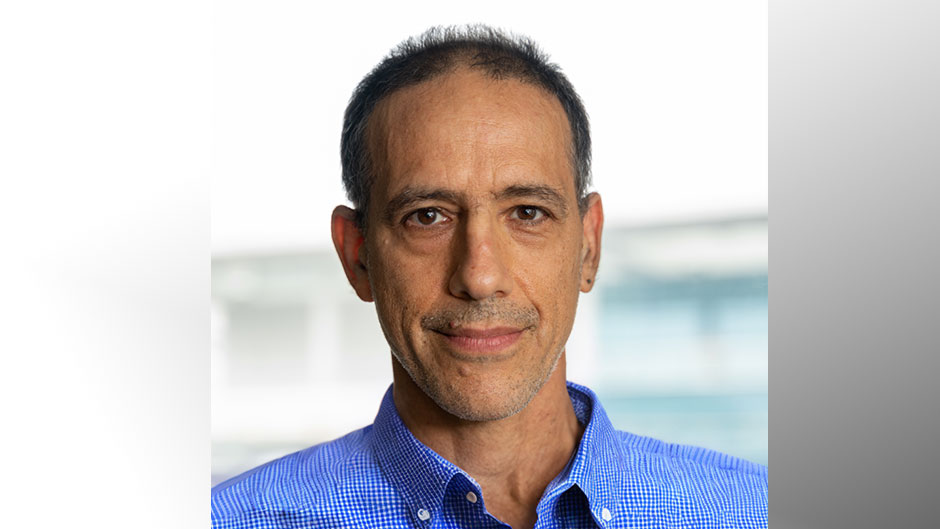University of Miami researchers are part of a team that recently won a $750,000 grant from the Simons Foundation Autism Research Initiative (SFARI) to conduct groundbreaking multidisciplinary research on children with autism.
Daniel Messinger, a professor of psychology, pediatrics, electrical and computer engineering, and music engineering in the psychology department at the College of Arts and Sciences, is part of the research team.
SFARI’s human cognitive and behavioral science grants prioritize research “that produces foundational knowledge about the neurobehavioral differences associated with Autism Spectrum Disorder (ASD),” according to the foundation’s press release.
Messinger is collaborating with University of Miami professors Lynn K. Perry in the psychology department and Chaoming Song in the physics department and their graduate students, as well as professors at the University of Southern California and the University of California, Los Angeles. Together, they will execute a multidisciplinary project that incorporates cutting-edge technology into autism detection research in children ages 3 to 5.
The grant will support the research team with three years of funding.
“It is lovely to involve people from such different fields,” Messinger said of the complex project his team has devised. “Aside from psychology, the research incorporates physics and electrical and computer engineering. Each person on the ’Canes team does their part.”
It might initially seem as if these fields have little in common. However, with creativity and collaboration, the connections start to materialize.
“The first major task is forming working relationships and finding questions that everyone is interested in,” Messinger explained. “Then it’s about submitting conference papers on our research on the kids, writing manuscripts together, and applying for research funding while thinking about everybody’s needs.”
For the Miami-based portion of the project, the research team will test children in classroom settings, including the University of Miami's Linda Ray Intervention Center. The kids will wear specially made vests fitted with movement and location trackers, as well as non-invasive microphones, which will record diverse forms of data.
Song, an associate professor of physics in the College of Arts and Sciences, will be responsible for monitoring the children’s movements in the lab. “He looks at whether or not kids are in social contact when they are in close physical proximity,” said Messinger.
Anchen Sun, a graduate student in electrical and computer engineering, will oversee the experiment’s audio component in collaboration with a graduate student in the psychology department.
“He takes the audio recordings and figures out who is speaking and what they are saying,” Messinger explained. “Kids with ASD might speak with a higher pitch in their voice. This vocal data is an important byproduct for the detection of autism.”
Messinger has a long track record of producing high-quality scholarship with colleagues in his field. He recently contributed research to a multi-authored journal article alongside University of Miami psychology professors Batya E. Elbaum and Lynn K. Perry. The article, “Investigating Children’s Interactions In Preschool Classrooms: An Overview of Research Using Automated Technologies,” can be found in the journal Early Childhood Research Quarterly.
The stakes are high for this cutting-edge research, which promises to shed some important light on how autism intersects with other topics.
“The work has an equity and social justice component as well,” said Messinger. “More boys are diagnosed with autism than girls. Having more objective knowledge on the topic would help us to understand why.”

